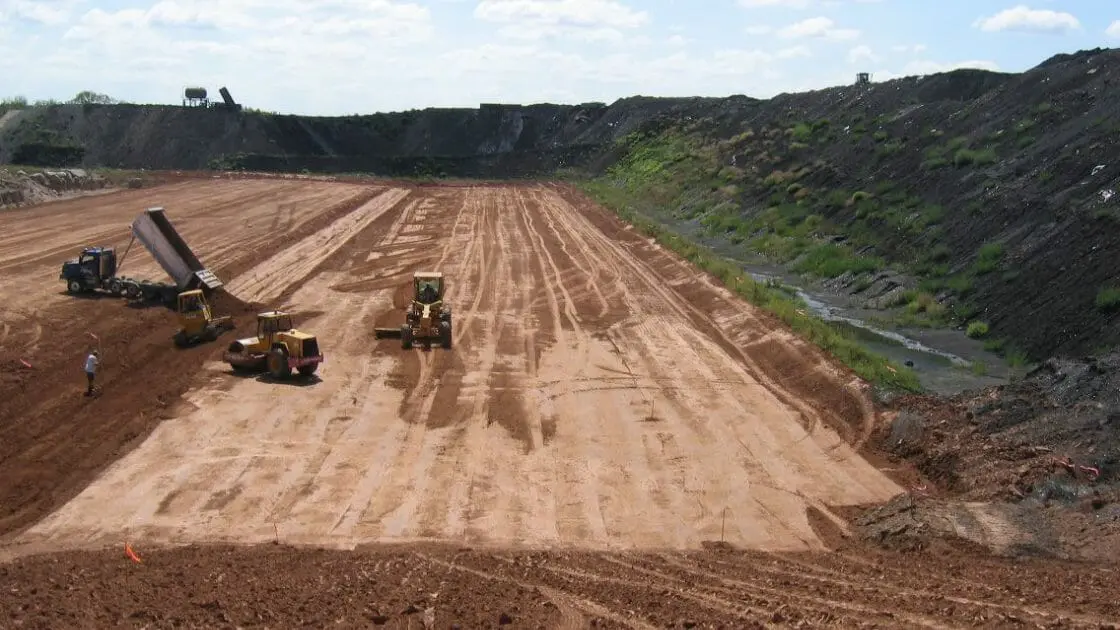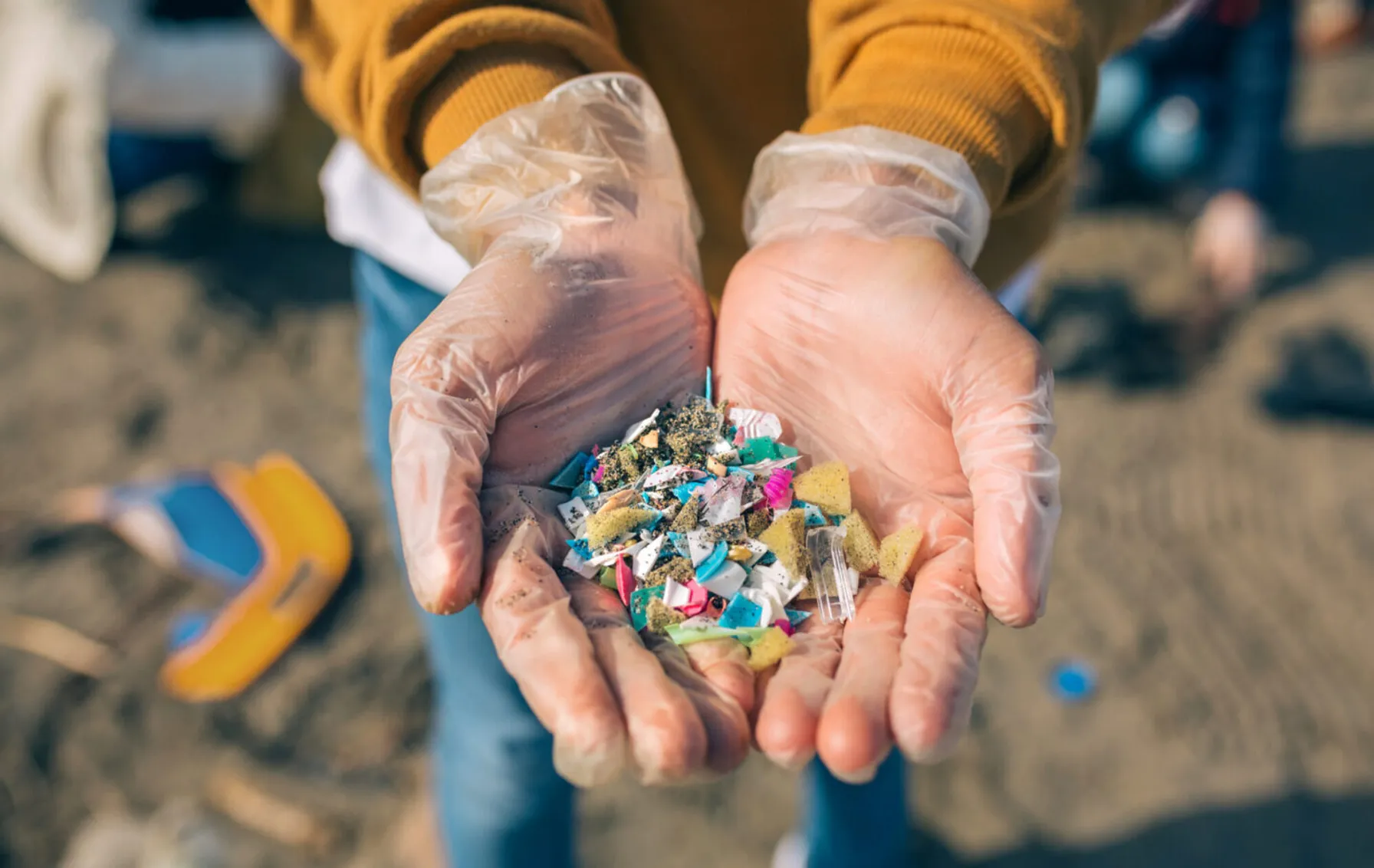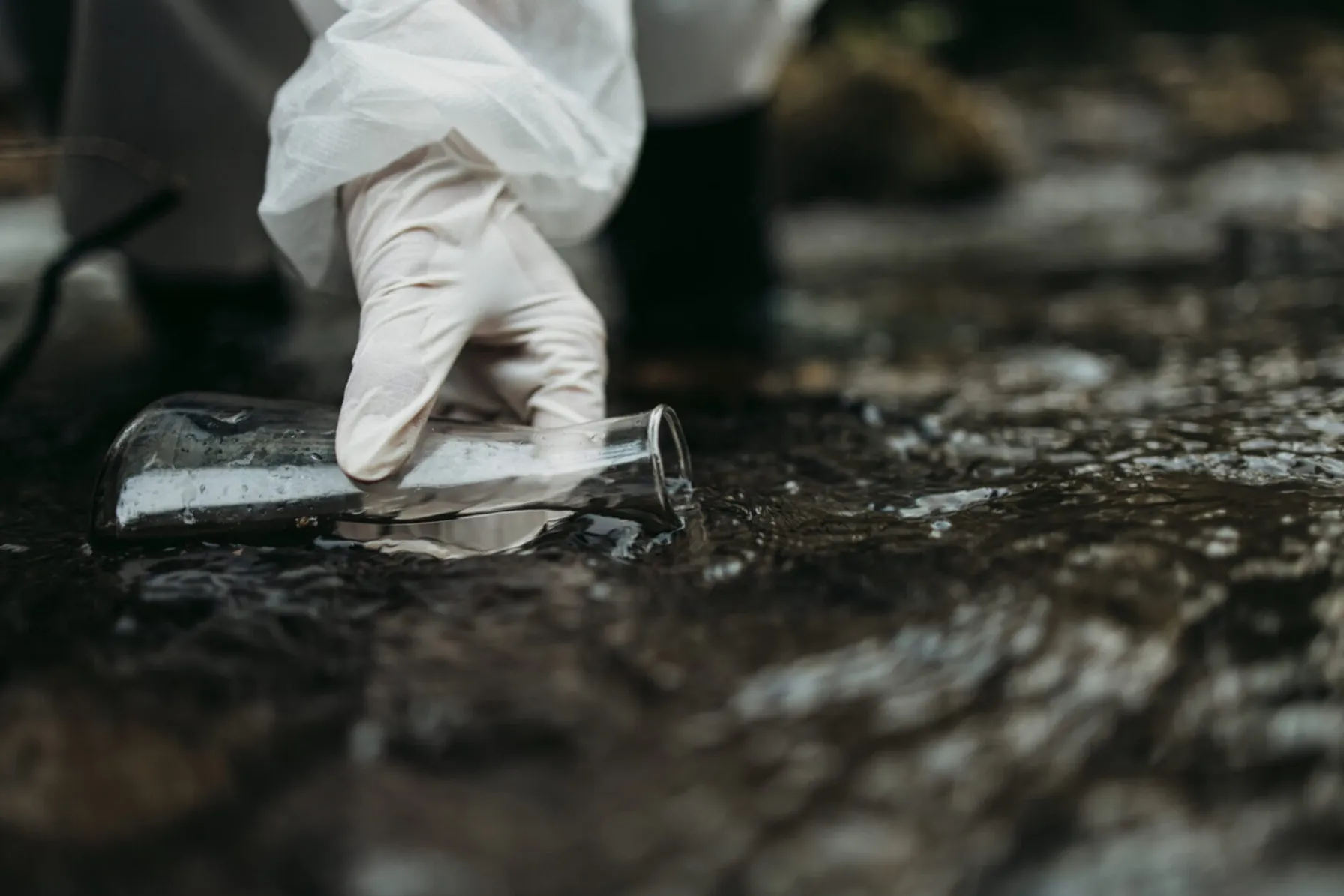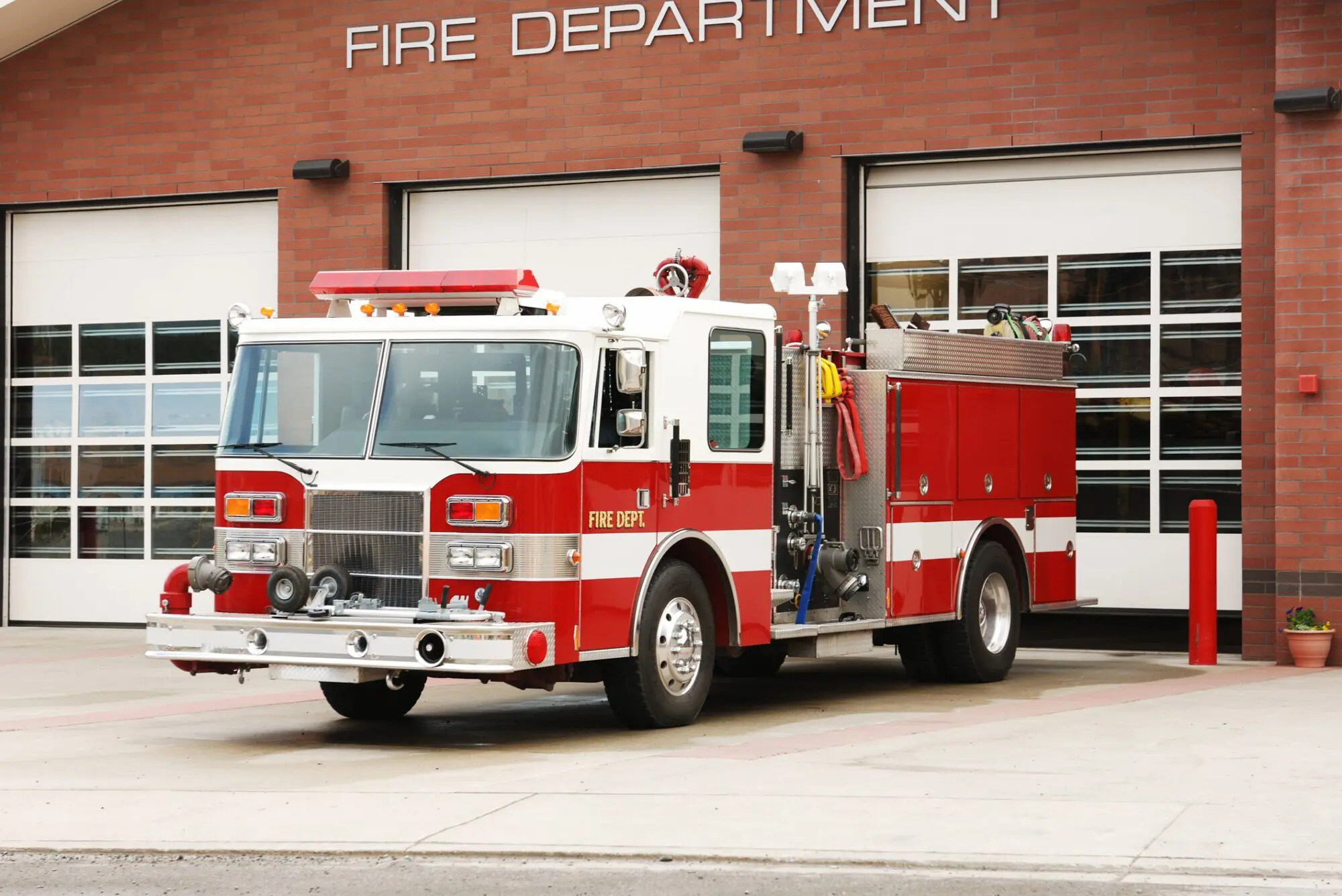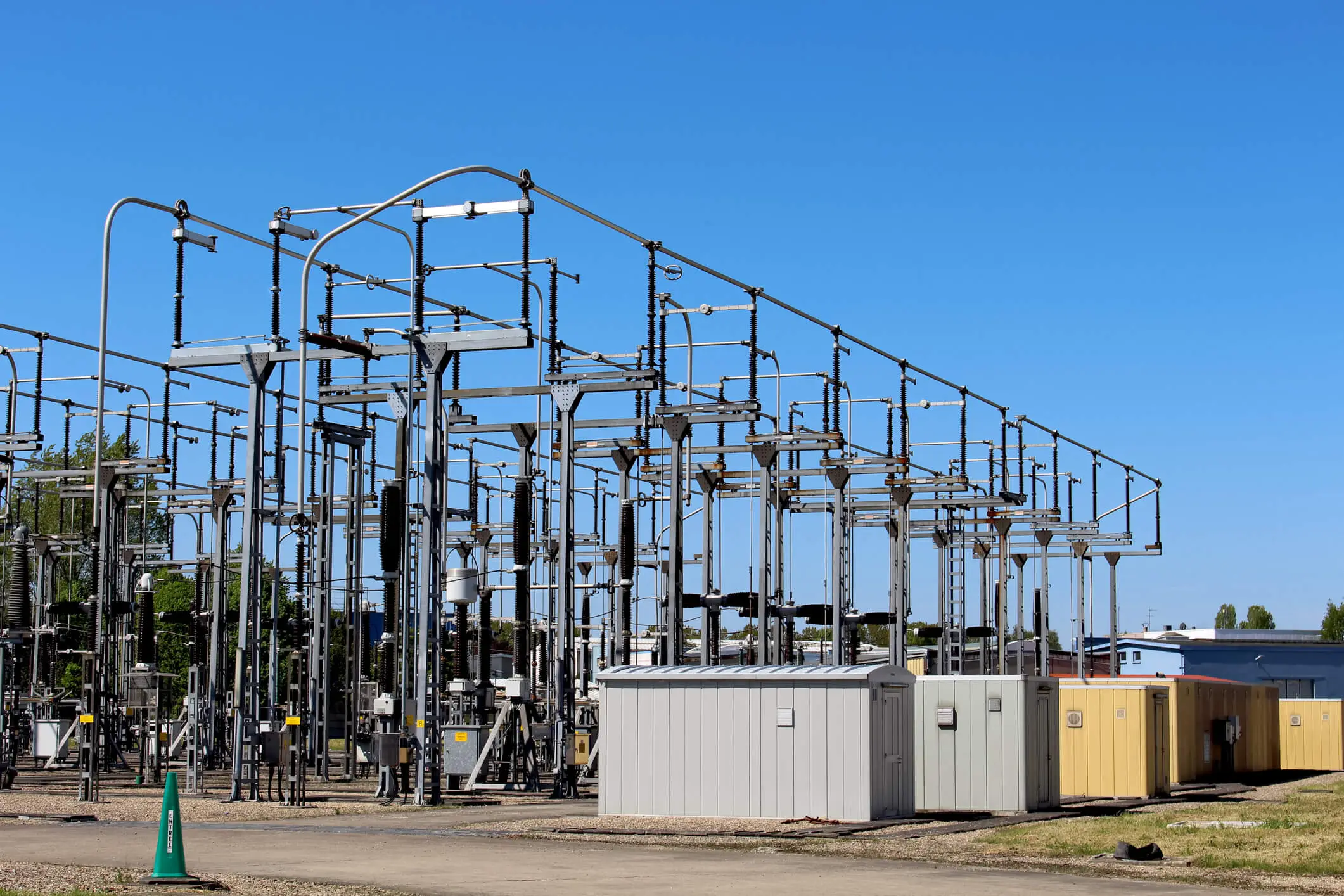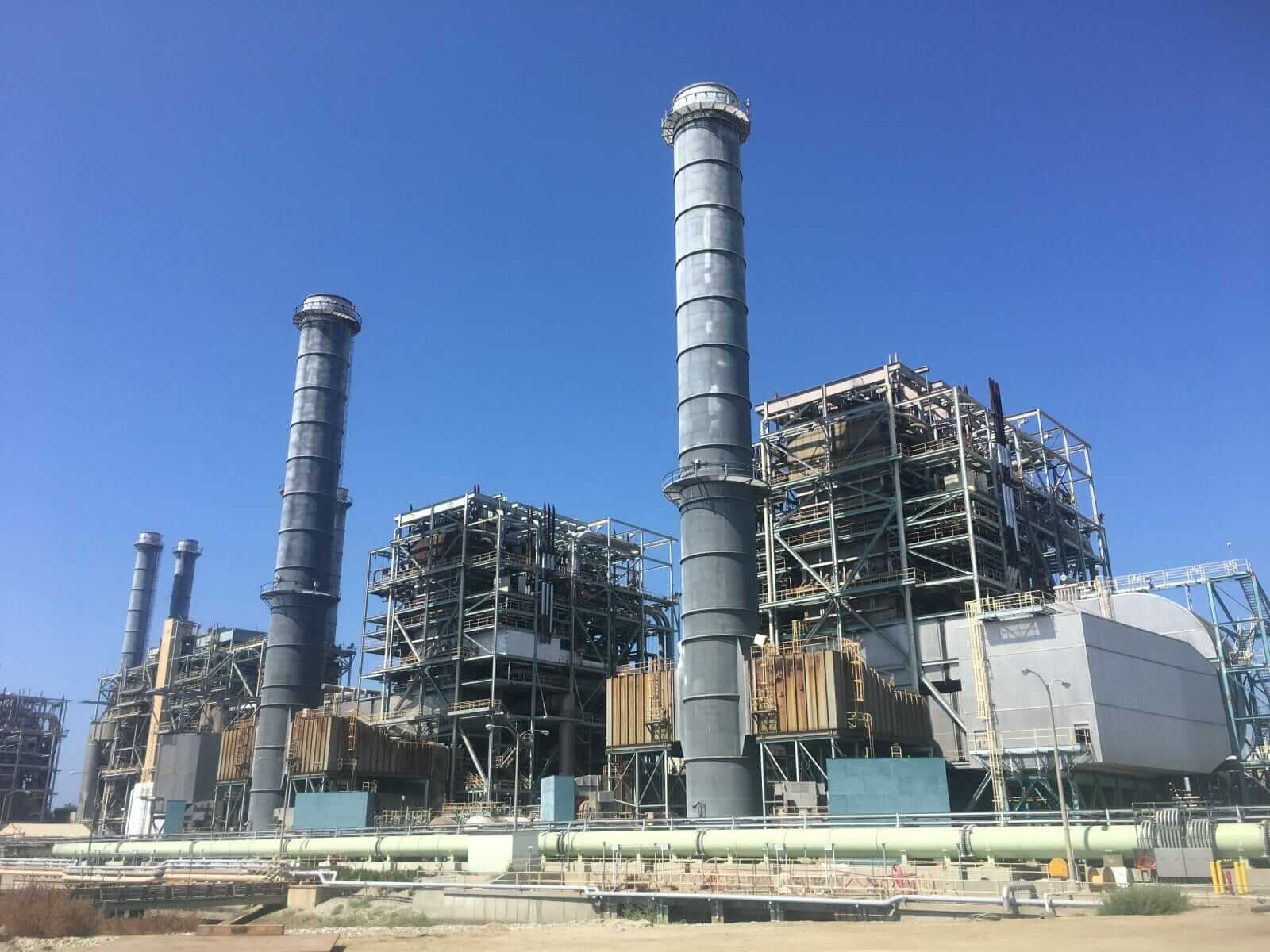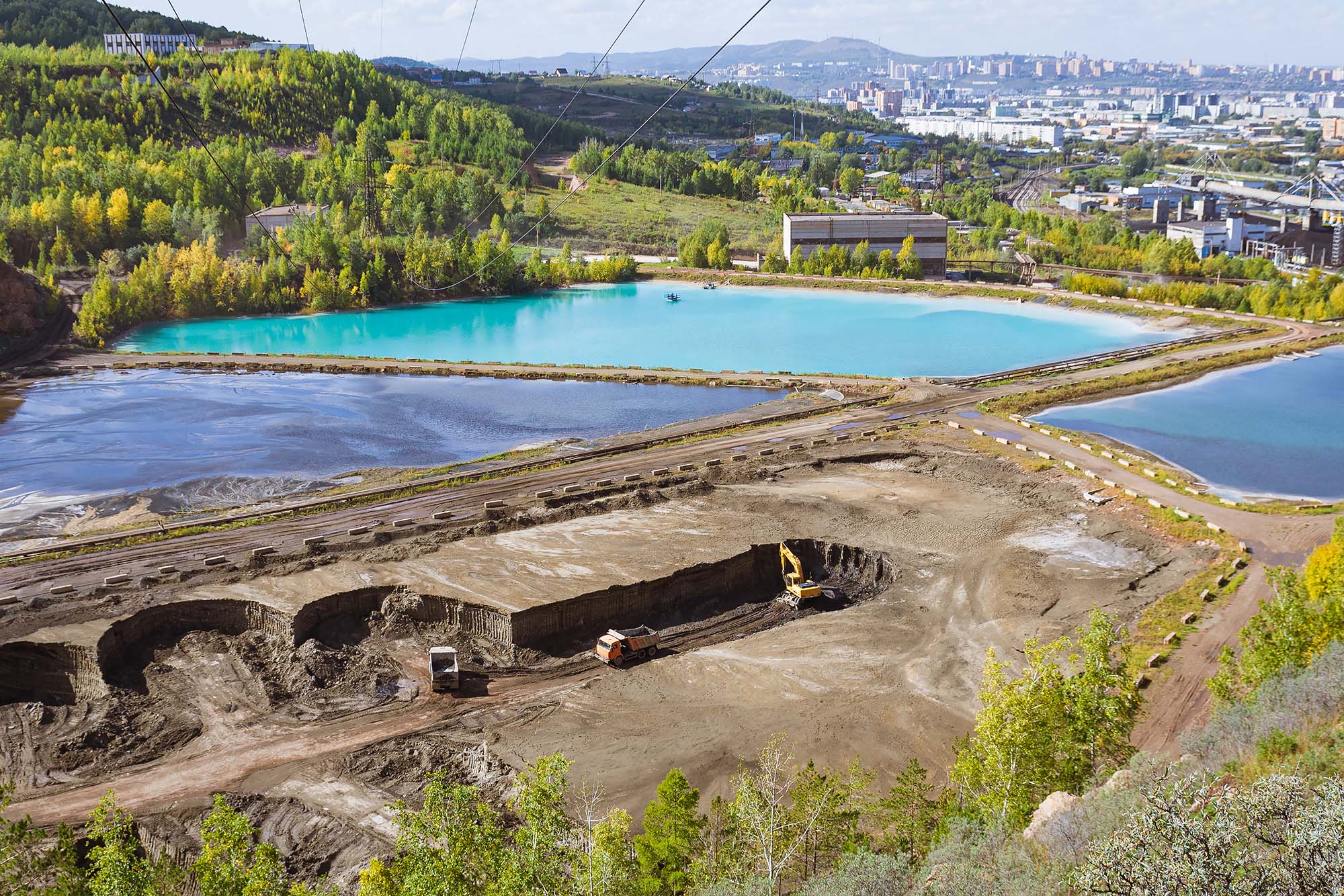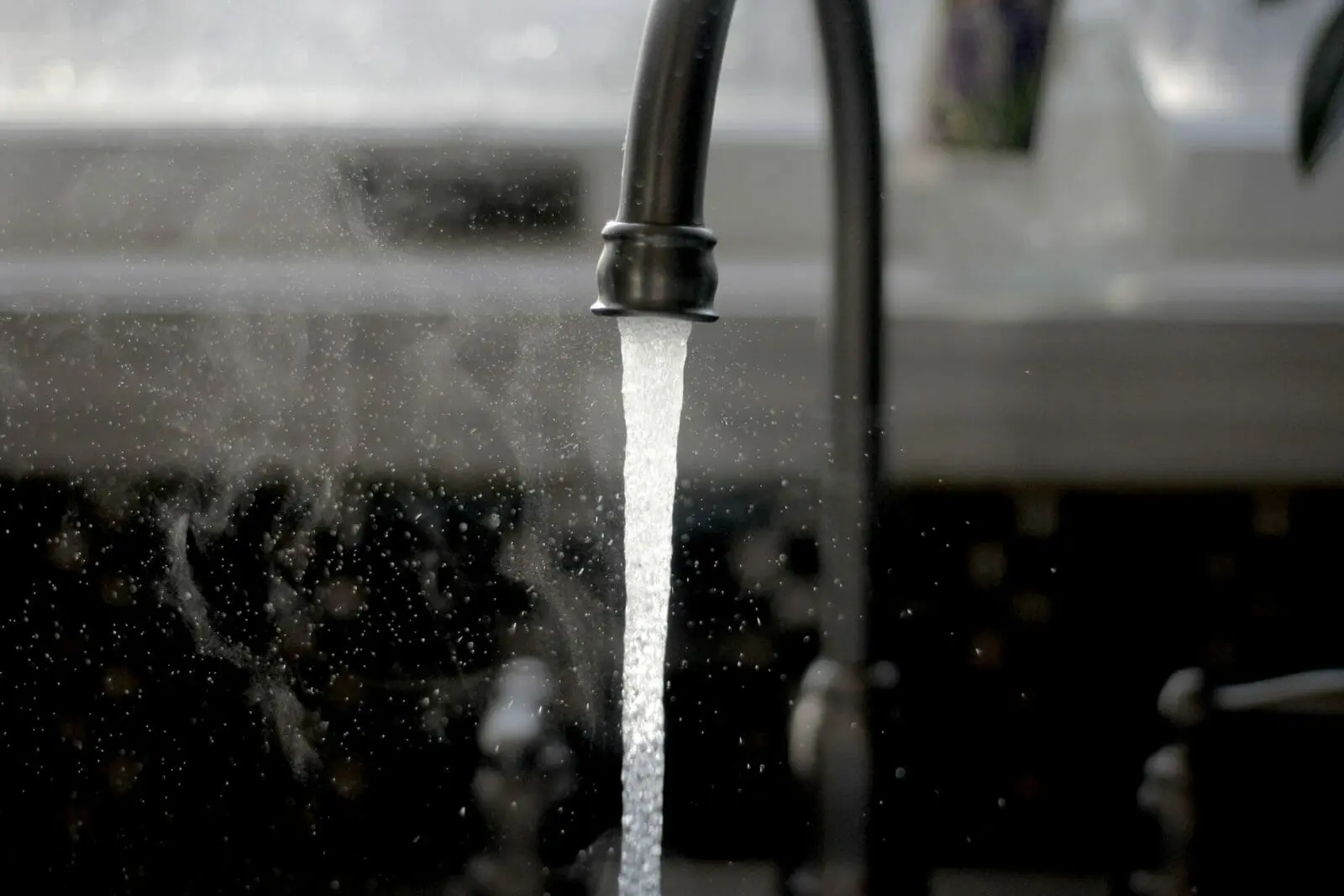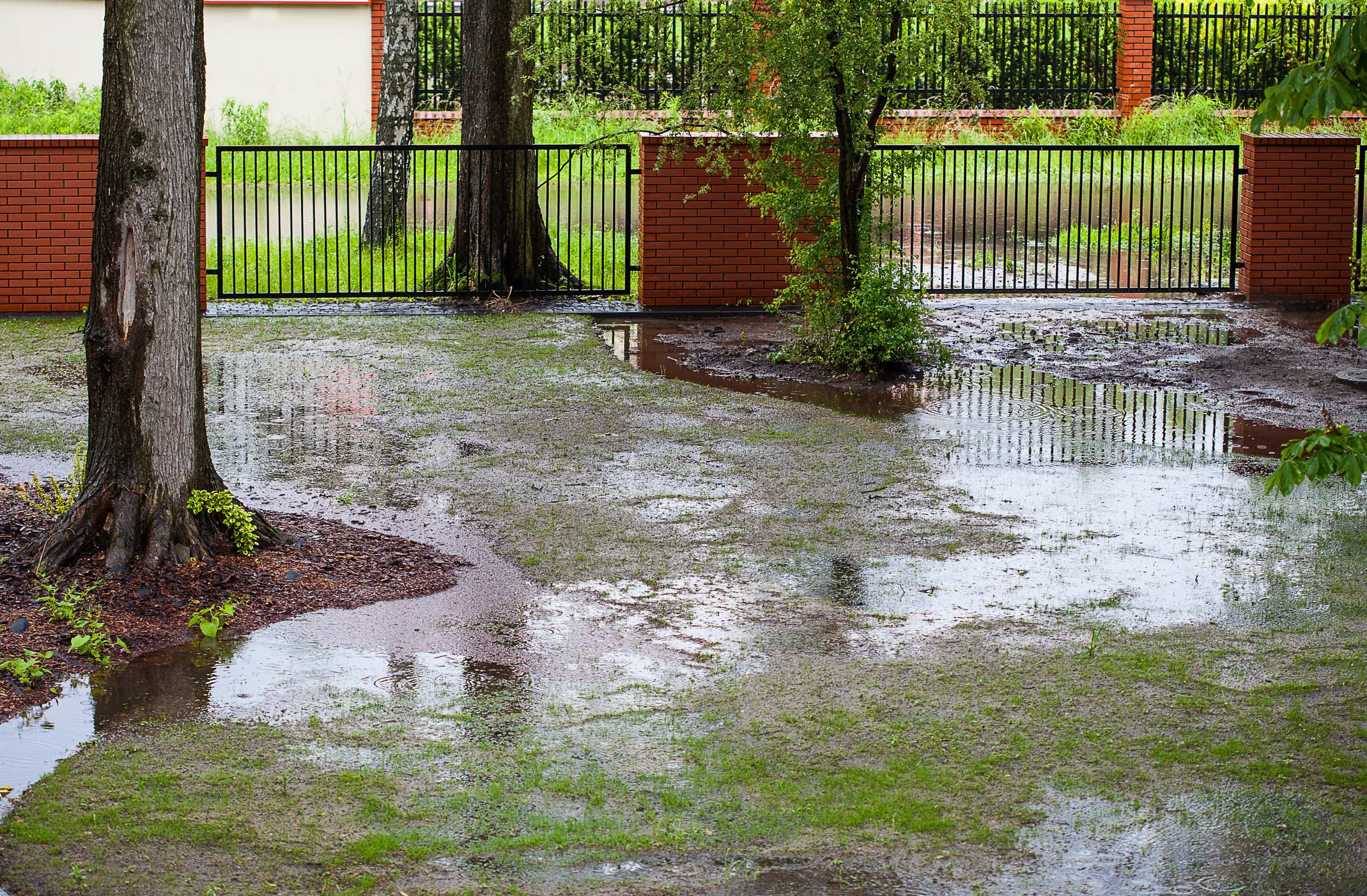Maine
TRC’s GFPR resolution of a Maine Superfund site achieved release for 2,000+ Potentially Responsible Parties.
When operations of the waste oil facility ceased, and the owner declared bankruptcy, the community was left with a series of lagoons filled with oil and hazardous materials. The site was taken over by the state regulator under its Superfund Program; over 2,900 companies and individuals were identified as Potentially Responsible Parties (PRPs) for the site. Given the technical complexity and the significant number of PRPs, the site saw little progress for more than 20 years.
TRC structured a comprehensive solution that allowed the PRPs to obtain a full statutory release from the state and achieved full remediation of the site to regulatory approval. The participating PRPs—including the US Department of Defense—contributed sufficient funds to cover the cleanup costs, and this structure to resolve the cleanup liability was approved by both State and Federal agencies. This was the first reported privately structured liability resolution for a large group of PRPs. In just over one year, TRC removed the lagoons, remediated contaminated soil and groundwater, and constructed a permanent public water supply line in the affected area. The remediated area has since been donated to a non-profit for permanent open space use.
Working with TRC, the PRPs were able to resolve their remedial obligations for a price that was lower than estimated by the government and received a release of their remedial liabilities while truncating the continuing effort in litigation and compliance negotiations.
- Client: Confidential Client
- Project Location: Maine

Benefits included:
- Saved PRPs millions in costs. An independent study by the Federal government found that the TRC solution was 25 – 33% lower than the government’s own estimate.
- Provided a remedial liability resolution for a reliable cost. The guaranteed fixed-price remediation (GFPR) program made it possible for the PRPs to execute a consent decree with the State of Maine that provided them a full statutory release from all remedial liabilities at the site. The PRPs paid TRC a fee based on the amount of materials they sent to the site.
- Expedited site cleanup. Progress in the site’s remediation was mired in allocation litigation. TRC developed an approach with the PRPs and the state that streamlined the remedial design and planning process—allowing the cleanup to be completed within 2 years of the initiation of the GFPR program – and ended decades of costly litigation.
- Generated community support. Throughout the cleanup, TRC actively solicited public comment—particularly during the remedy design. TRC provided monthly updates and site visits for community stakeholders and produced online video updates to ensure the community’s needs were continuously addressed.
Related Projects
Discover the success we’ve had with helping our clients execute major projects and make a meaningful impact on their local communities.

Portland Brownfields Assessment Grants and Revolving Loan Fund Grants

PFAS Liability Does Not Have to Be a Transactional Deal Killer
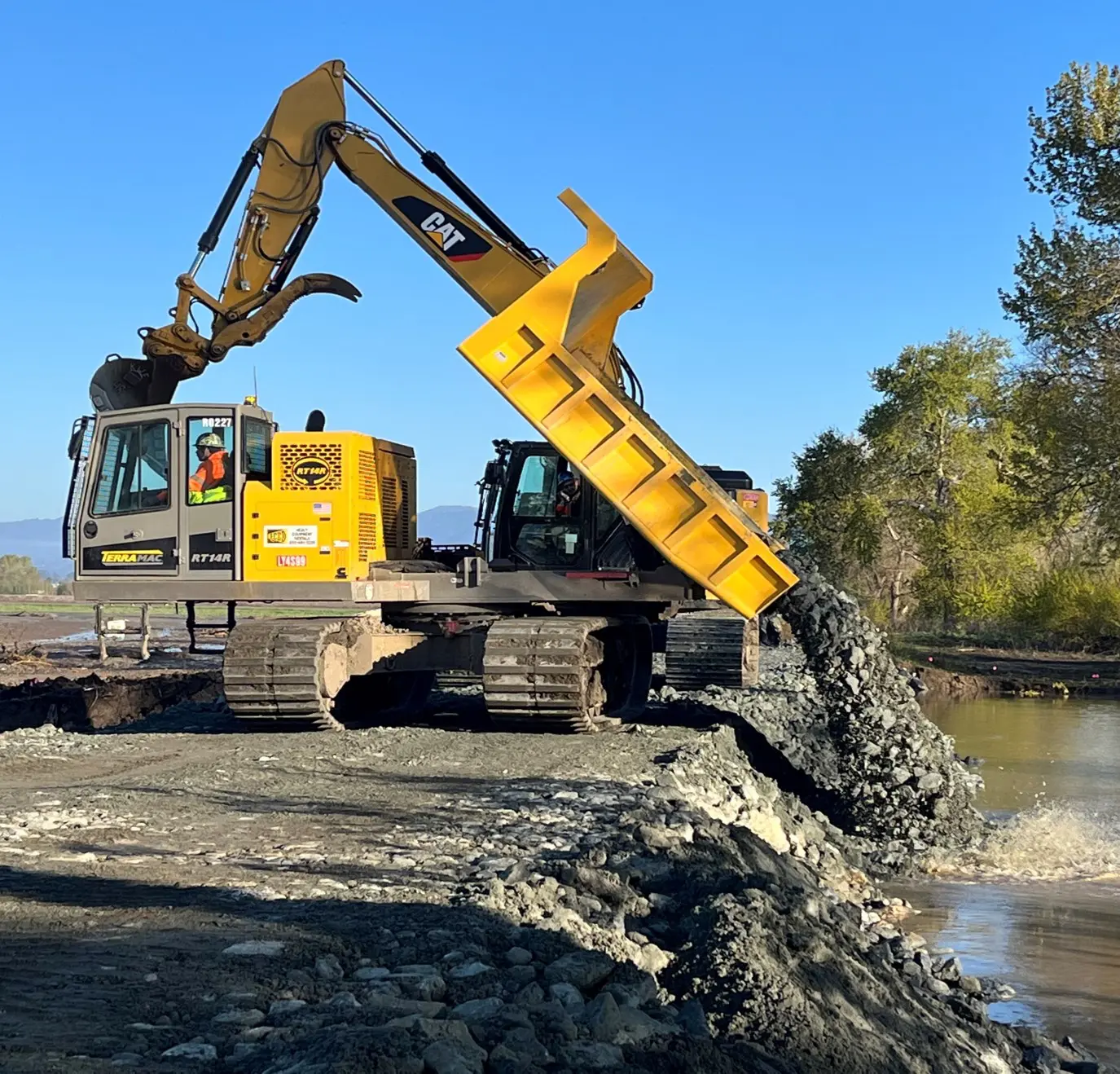
Manufacturing Portfolio Environmental Risk Resolution

PFAS Treatment Evaluation for the Maysville Well
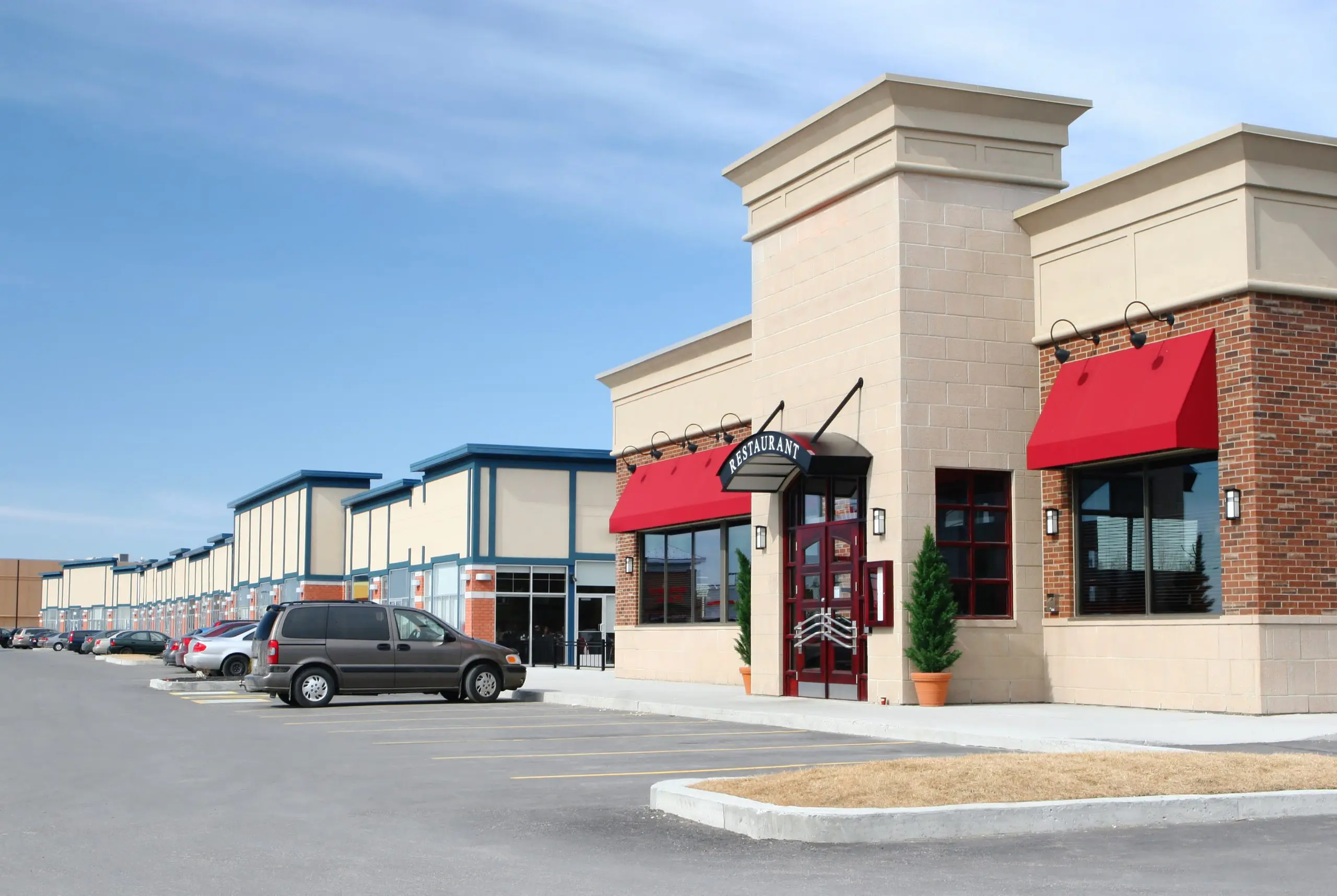
River City Vet Adaptive Reuse

Redevelopment of the Presidio in San Francisco

Portland Brownfields Assessment Grants and Revolving Loan Fund Grants

PFAS Liability Does Not Have to Be a Transactional Deal Killer

Manufacturing Portfolio Environmental Risk Resolution

PFAS Treatment Evaluation for the Maysville Well

River City Vet Adaptive Reuse

Redevelopment of the Presidio in San Francisco

Portland Brownfields Assessment Grants and Revolving Loan Fund Grants

PFAS Liability Does Not Have to Be a Transactional Deal Killer

Manufacturing Portfolio Environmental Risk Resolution
Sharing Our Perspectives
Our practitioners share their insights and perspectives on the trends and challenges shaping the market.

TRC Acquires Hazmat Assessment Firm American Environmental Consulting
January 3, 2018
TRC, a leader in engineering, environmental consulting and construction-management services, announced today that it has acquired American Environmental Consultants, Inc. of Weymouth, Mass., a hazardous materials assessment company.

EPA to Include CERCLA Sites and RCRA Facilities in Site Remediation NESHAP
June 23, 2016
EPA has published a proposed rule that would extend the requirements of the Site Remediation National Emission Standards for Hazardous Air Pollutants (NESHAP) regulations to previously exempt soil and groundwater remediation activities under CERCLA and RCRA.

Successful Coal Ash Pond Management
July 10, 2014
Regulatory requirements, plant retirements, changes to facility operational profiles, environmental liability management and political and social pressures are among the factors driving utilities to close or consider closing their coal ash ponds.
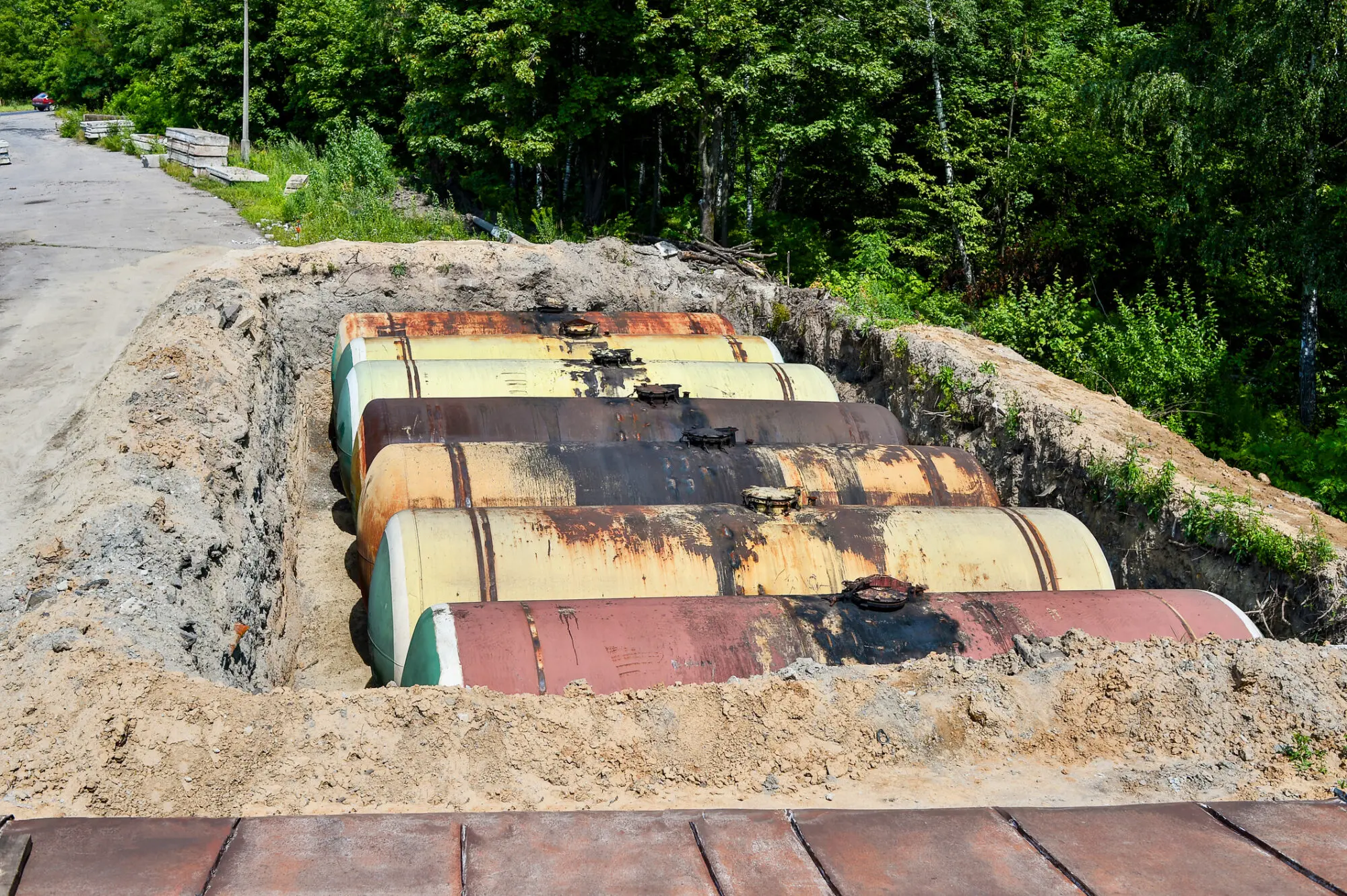
EPA Issues Clarification of Free Product Removal Requirements
June 20, 2023
EPA recently clarified requirements for LNAPL recovery and remediation.
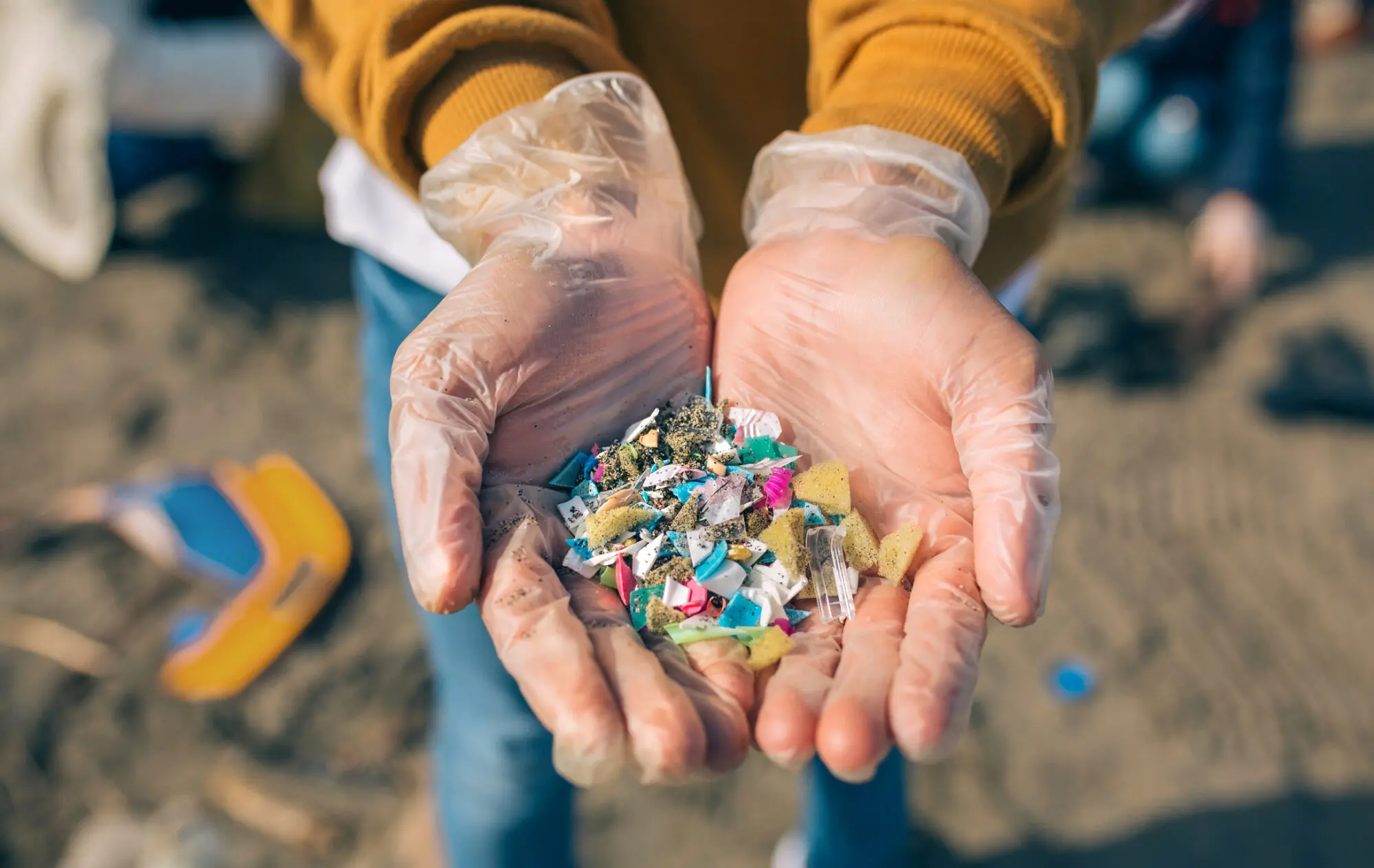
Microplastics ITRC Guidance Document and Training Available Soon!
February 23, 2023
Microplastic particles have been found in nearly every corner of the globe, but health effects and toxicity are only beginning to be understood. Because of their ubiquitous nature, microplastics present a challenge in both accurate sampling and source attribution. Microplastics are emerging as an environmental issue that regulators and industry will be increasingly focusing on in the coming years.

QA and Chemistry Services
February 23, 2023
TRC offers many QA and Chemistry services including data usability assessments, limited and full data validation reports, quality assurance project plan preparation, selection of appropriate analytical methodologies and laboratory audits.

Odor Evaluation Services
February 23, 2023
TRC is nationally recognized as an expert in the field of odor measurement, identification, modeling and control engineering. This presentation includes an overview of odor properties, odor evaluation, modeling and odor thresholds and outlines the four sensory properties: detectability, intensity, character and hedonic tone.
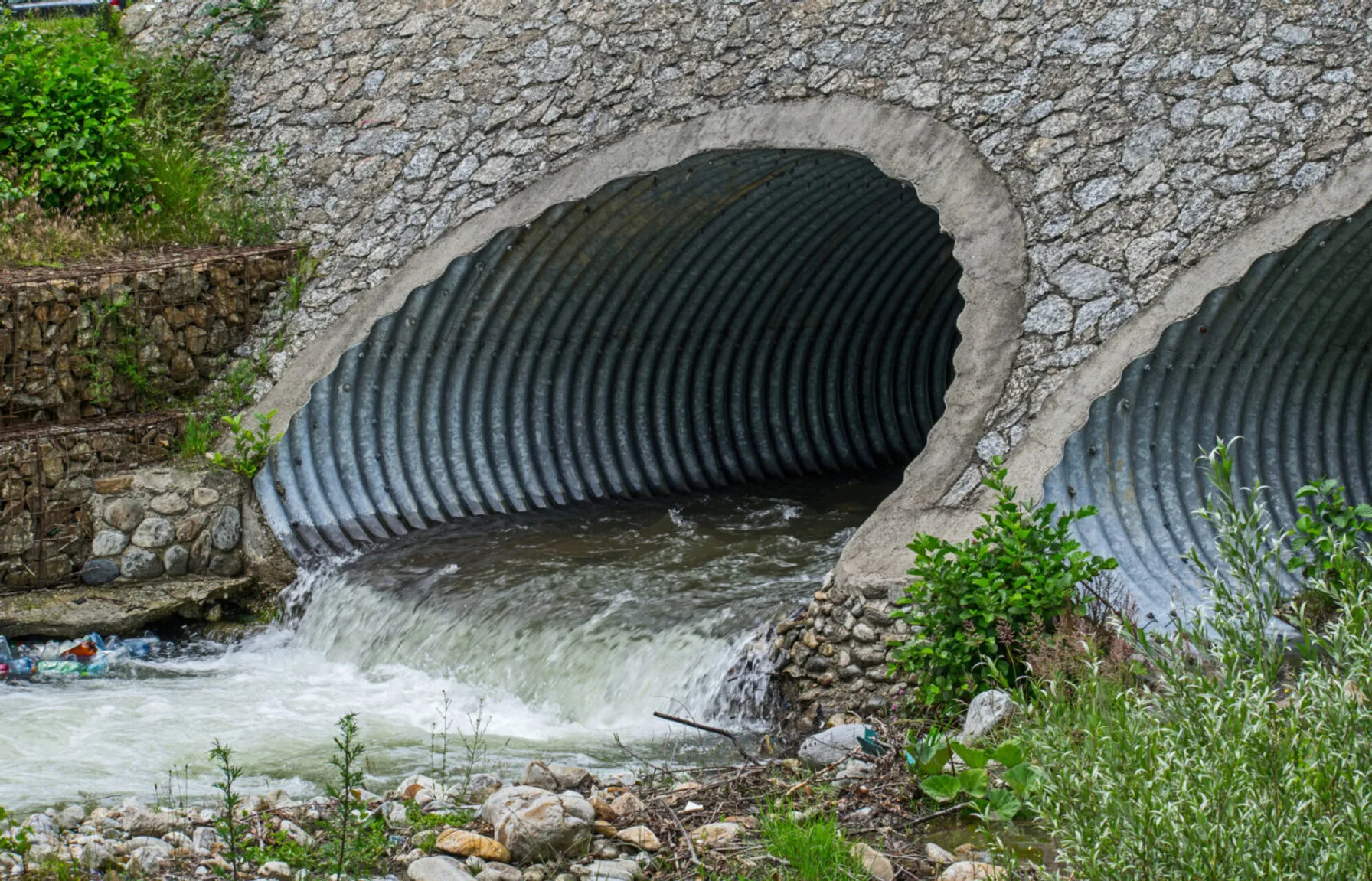
PFAS Fate and Transport
February 23, 2023
Understanding PFAS properties and behavior is key to effective detection and remediation.

PFAS Fate and Transport: Conceptual Site Models
February 23, 2023
The conceptual site model describes site-specific sources, release and transport mechanisms, exposure media, exposure points, exposure pathways and routes and potential human and/or ecological receptor populations.
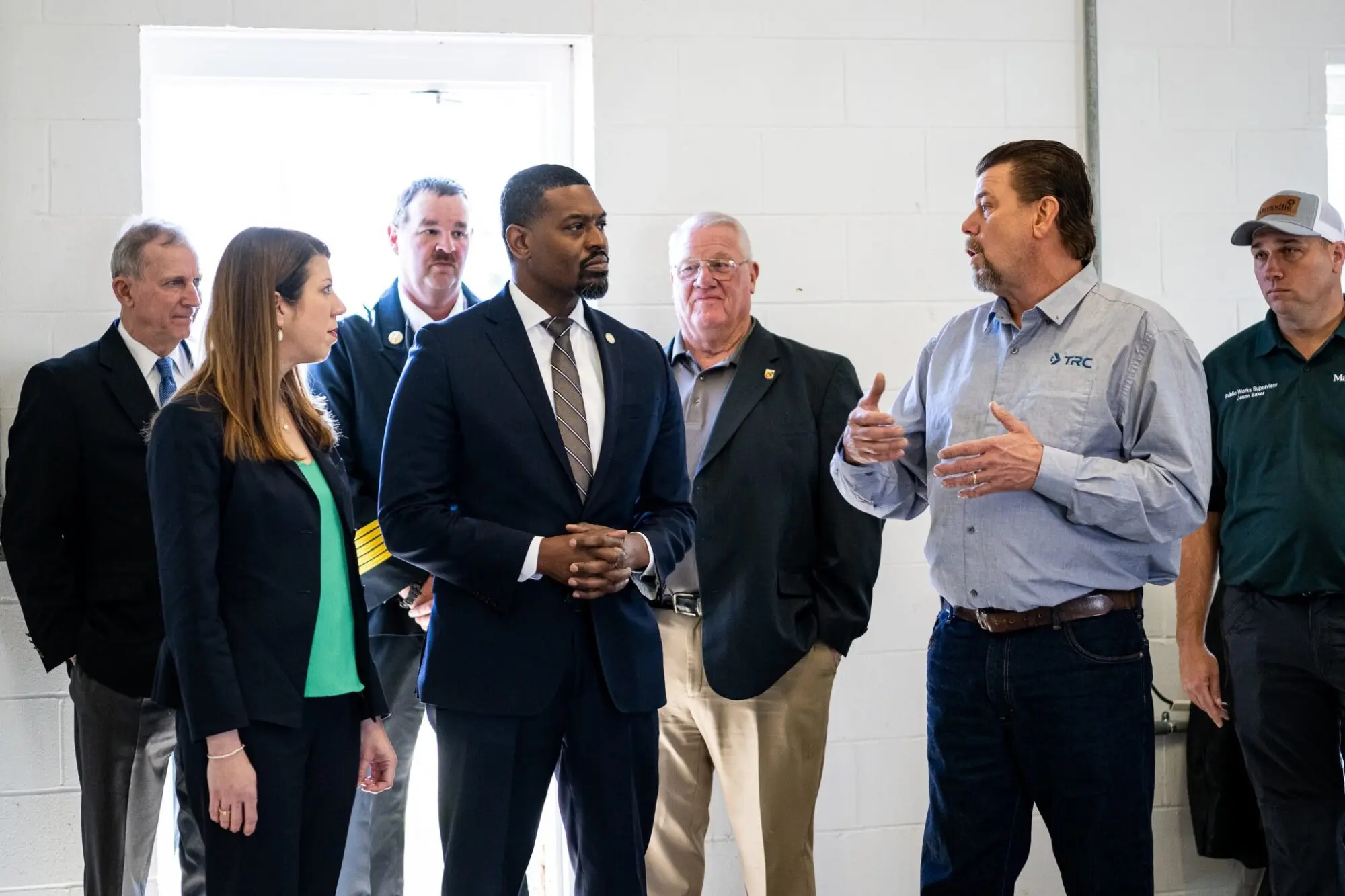
EPA Announces $2 Billion in Funding to Address Emerging Contaminants in Drinking Water
February 14, 2023
Environmental Protection Agency Administrator Michael Regan announced $2 Billion in infrastructure funding to help the nation’s rural water supplies.
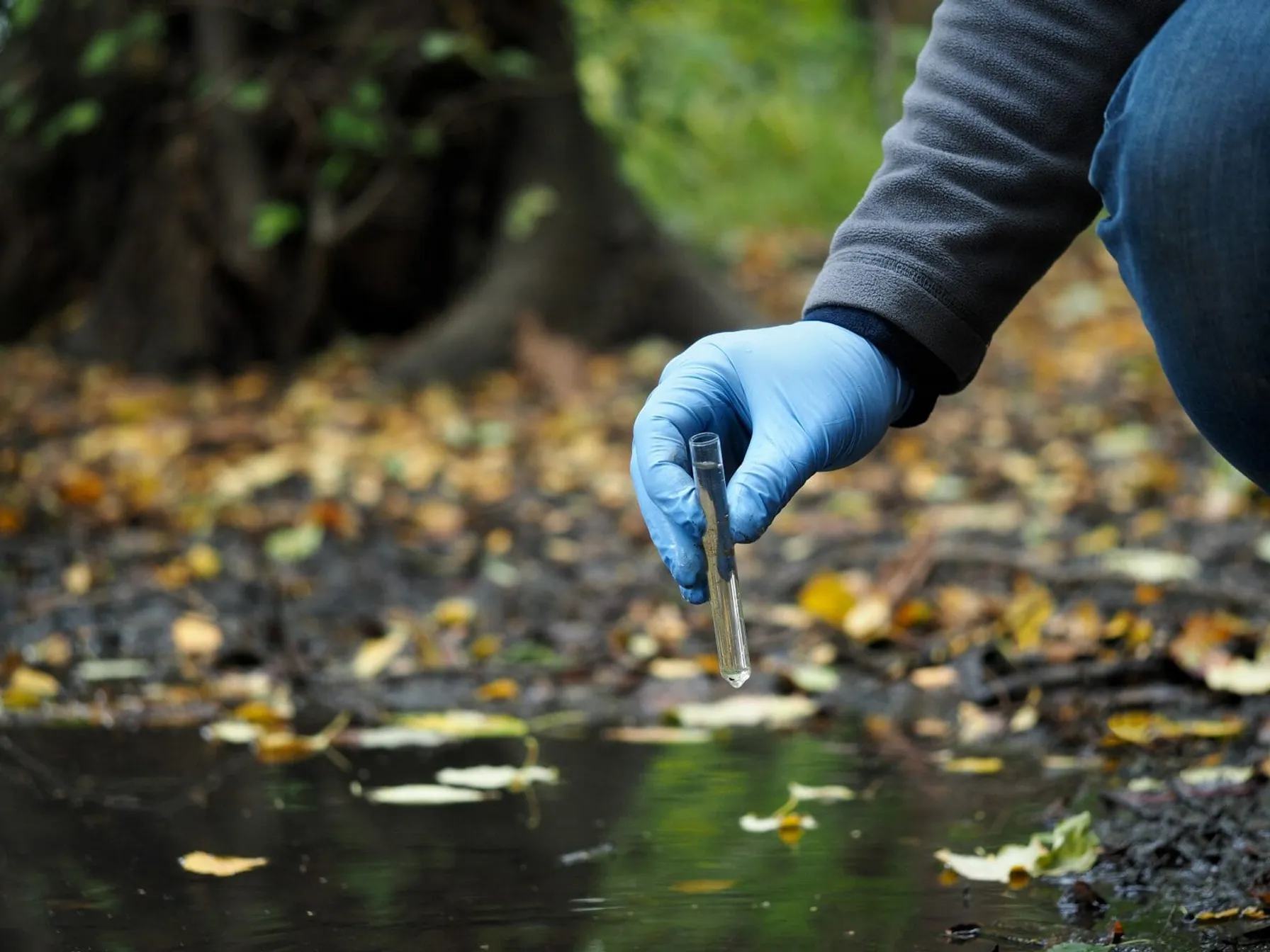
PFAS: Remedial Approaches
February 8, 2023
Remediating Per- and poly-fluoroalkyl substances (PFAS) from the soil and water requires effective techniques and innovative technologies. TRC’s experts are well versed in several remediation strategies intended to remove PFAS and prevent re-exposure.

Metals 101
February 8, 2023
Metals are naturally occurring elements in the Earth’s crust that enter the environment through natural processes. They can be found in groundwater, soil and sediment. The trophic transfer of these elements in aquatic and terrestrial food chains has important implications for wildlife and human health.
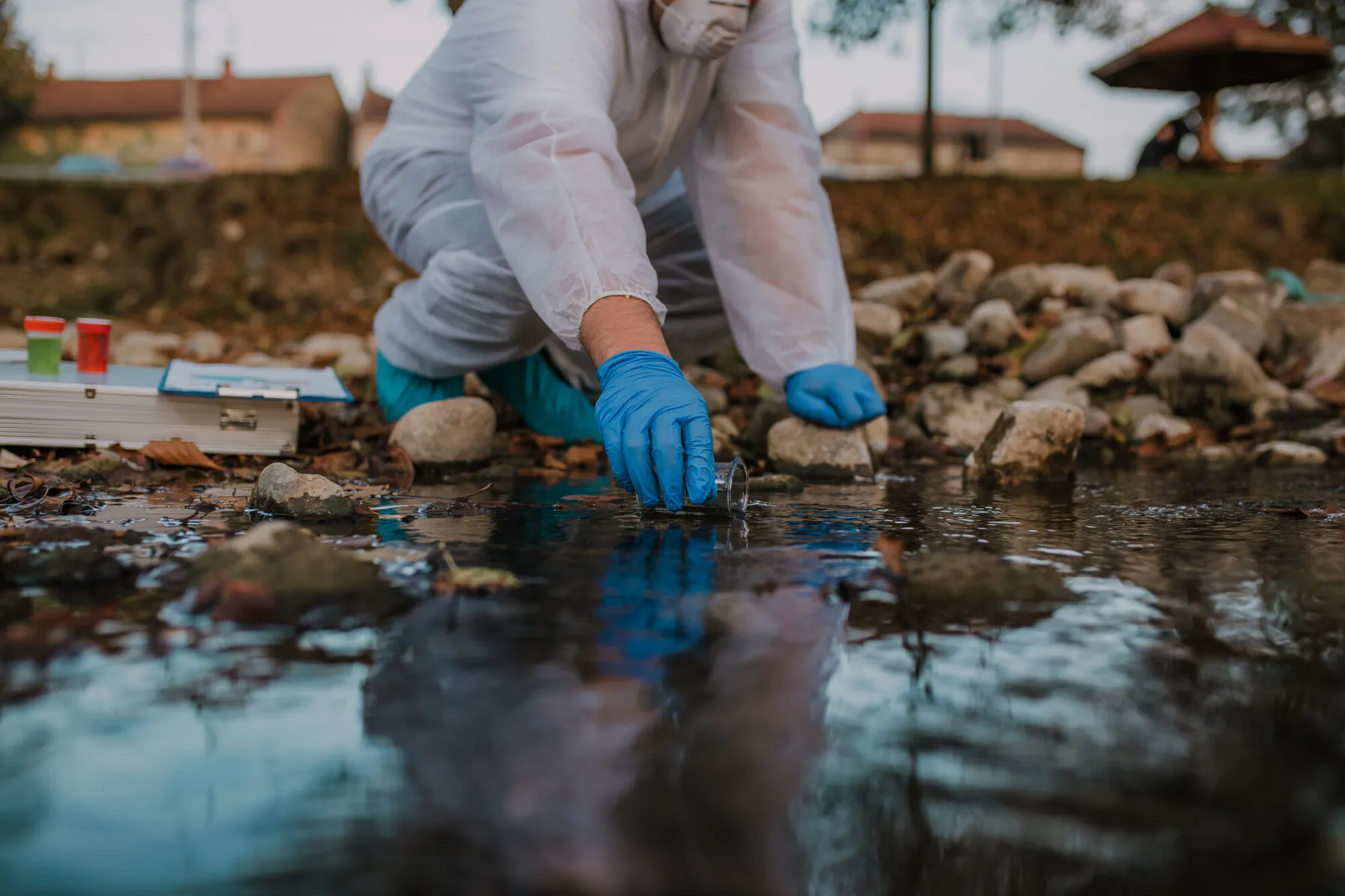
New National Emerging Contaminants Research Initiative
September 12, 2022
The Executive Office of the President of the United States announced a National Emerging Contaminant Research Initiative
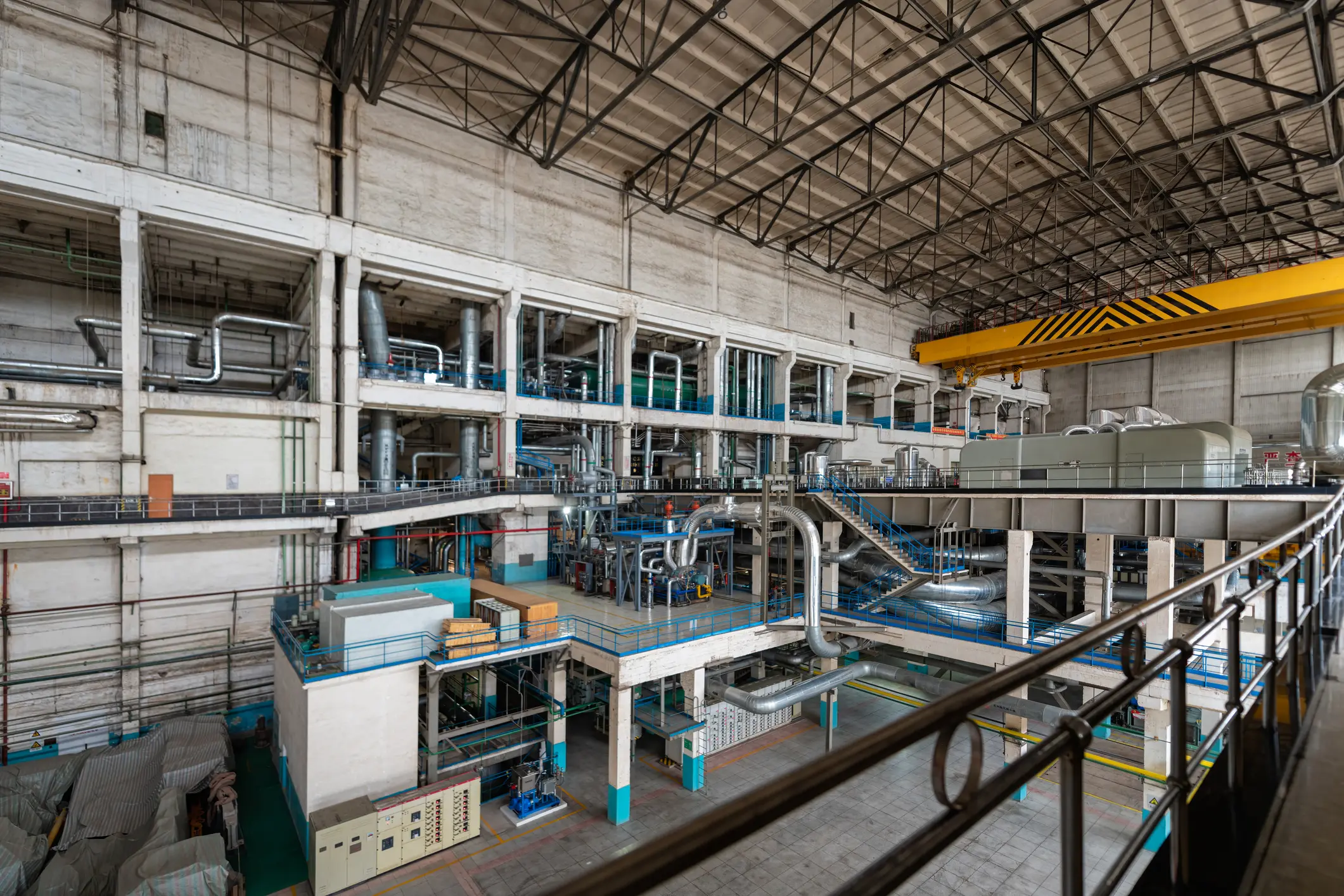
The Best Process for Transforming Thermal Generation Power Plants
February 9, 2022
Faced with an aging fleet, stricter environmental regulations, reduced costs for natural gas and competition from renewables, more than 600 power plants have been decommissioned in the last 20 years, a pace that will increase with the announced closure of nearly 350 additional plants by 2025.

TRC Colorado PFAS Regulatory Update
July 21, 2021
Update on Colorado’s recent policies and plans to regulate new and historical discharges of per- and polyfluoroalkyl substances (PFAS) into the environment.

Implementing bioremediation at environmental cleanup sites: TRC experts weigh in at leading industry conference
May 17, 2021
TRC experts make several presentations at the Battelle conference about innovative approaches they have developed for implementing and monitoring bioremediation and the use of naturally-occurring or deliberately-introduced micro-organisms to break down environmental pollutants.

Ecological Risk of PFAS from AFFF-Impacted Sites
June 30, 2020
The facts on evaluating exposure to wildlife

TRC Brings Environmental Services to Manchester with Second UK Office
March 5, 2020
In continuing to expand our presence in a key British market, TRC is opening our second UK office in Manchester, England
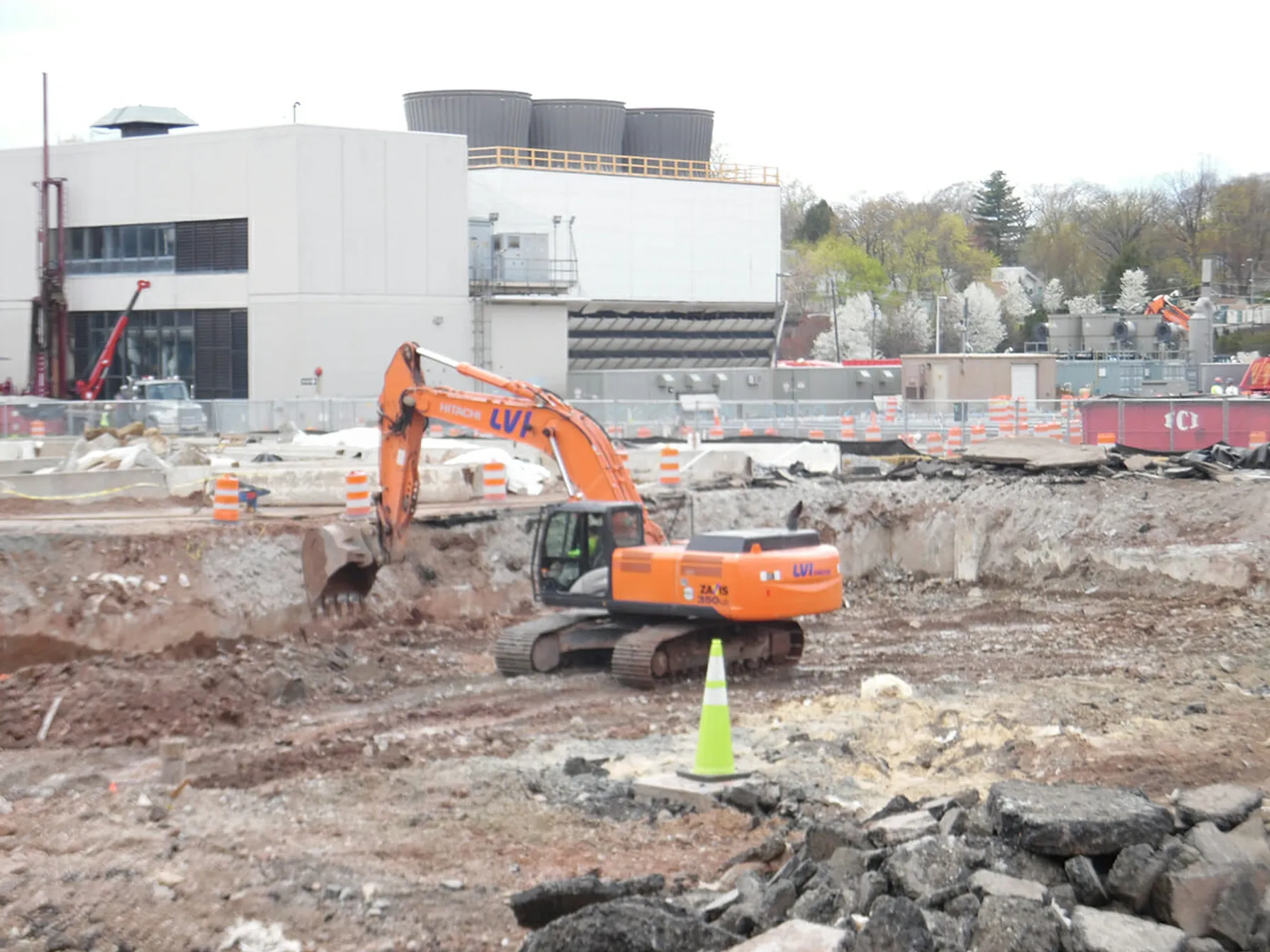
TRC Remediation Project at Roche Nutley Site in New Jersey Wins National Grand Prize for Sustainability
May 7, 2019
TRC was awarded the 2019 Grand Prize for Environmental Sustainability by the American Academy of Environmental Engineers & Scientists for the cleanup of the former Roche site in Nutley, N.J.

TRC Acquires Hazmat Assessment Firm American Environmental Consulting
January 3, 2018
TRC, a leader in engineering, environmental consulting and construction-management services, announced today that it has acquired American Environmental Consultants, Inc. of Weymouth, Mass., a hazardous materials assessment company.

EPA to Include CERCLA Sites and RCRA Facilities in Site Remediation NESHAP
June 23, 2016
EPA has published a proposed rule that would extend the requirements of the Site Remediation National Emission Standards for Hazardous Air Pollutants (NESHAP) regulations to previously exempt soil and groundwater remediation activities under CERCLA and RCRA.

Successful Coal Ash Pond Management
July 10, 2014
Regulatory requirements, plant retirements, changes to facility operational profiles, environmental liability management and political and social pressures are among the factors driving utilities to close or consider closing their coal ash ponds.

EPA Issues Clarification of Free Product Removal Requirements
June 20, 2023
EPA recently clarified requirements for LNAPL recovery and remediation.

Microplastics ITRC Guidance Document and Training Available Soon!
February 23, 2023
Microplastic particles have been found in nearly every corner of the globe, but health effects and toxicity are only beginning to be understood. Because of their ubiquitous nature, microplastics present a challenge in both accurate sampling and source attribution. Microplastics are emerging as an environmental issue that regulators and industry will be increasingly focusing on in the coming years.

QA and Chemistry Services
February 23, 2023
TRC offers many QA and Chemistry services including data usability assessments, limited and full data validation reports, quality assurance project plan preparation, selection of appropriate analytical methodologies and laboratory audits.

Odor Evaluation Services
February 23, 2023
TRC is nationally recognized as an expert in the field of odor measurement, identification, modeling and control engineering. This presentation includes an overview of odor properties, odor evaluation, modeling and odor thresholds and outlines the four sensory properties: detectability, intensity, character and hedonic tone.

PFAS Fate and Transport
February 23, 2023
Understanding PFAS properties and behavior is key to effective detection and remediation.

PFAS Fate and Transport: Conceptual Site Models
February 23, 2023
The conceptual site model describes site-specific sources, release and transport mechanisms, exposure media, exposure points, exposure pathways and routes and potential human and/or ecological receptor populations.

EPA Announces $2 Billion in Funding to Address Emerging Contaminants in Drinking Water
February 14, 2023
Environmental Protection Agency Administrator Michael Regan announced $2 Billion in infrastructure funding to help the nation’s rural water supplies.

PFAS: Remedial Approaches
February 8, 2023
Remediating Per- and poly-fluoroalkyl substances (PFAS) from the soil and water requires effective techniques and innovative technologies. TRC’s experts are well versed in several remediation strategies intended to remove PFAS and prevent re-exposure.

Metals 101
February 8, 2023
Metals are naturally occurring elements in the Earth’s crust that enter the environment through natural processes. They can be found in groundwater, soil and sediment. The trophic transfer of these elements in aquatic and terrestrial food chains has important implications for wildlife and human health.

New National Emerging Contaminants Research Initiative
September 12, 2022
The Executive Office of the President of the United States announced a National Emerging Contaminant Research Initiative

The Best Process for Transforming Thermal Generation Power Plants
February 9, 2022
Faced with an aging fleet, stricter environmental regulations, reduced costs for natural gas and competition from renewables, more than 600 power plants have been decommissioned in the last 20 years, a pace that will increase with the announced closure of nearly 350 additional plants by 2025.

TRC Colorado PFAS Regulatory Update
July 21, 2021
Update on Colorado’s recent policies and plans to regulate new and historical discharges of per- and polyfluoroalkyl substances (PFAS) into the environment.

Implementing bioremediation at environmental cleanup sites: TRC experts weigh in at leading industry conference
May 17, 2021
TRC experts make several presentations at the Battelle conference about innovative approaches they have developed for implementing and monitoring bioremediation and the use of naturally-occurring or deliberately-introduced micro-organisms to break down environmental pollutants.

Ecological Risk of PFAS from AFFF-Impacted Sites
June 30, 2020
The facts on evaluating exposure to wildlife

TRC Brings Environmental Services to Manchester with Second UK Office
March 5, 2020
In continuing to expand our presence in a key British market, TRC is opening our second UK office in Manchester, England

TRC Remediation Project at Roche Nutley Site in New Jersey Wins National Grand Prize for Sustainability
May 7, 2019
TRC was awarded the 2019 Grand Prize for Environmental Sustainability by the American Academy of Environmental Engineers & Scientists for the cleanup of the former Roche site in Nutley, N.J.

TRC Acquires Hazmat Assessment Firm American Environmental Consulting
January 3, 2018
TRC, a leader in engineering, environmental consulting and construction-management services, announced today that it has acquired American Environmental Consultants, Inc. of Weymouth, Mass., a hazardous materials assessment company.

EPA to Include CERCLA Sites and RCRA Facilities in Site Remediation NESHAP
June 23, 2016
EPA has published a proposed rule that would extend the requirements of the Site Remediation National Emission Standards for Hazardous Air Pollutants (NESHAP) regulations to previously exempt soil and groundwater remediation activities under CERCLA and RCRA.

Successful Coal Ash Pond Management
July 10, 2014
Regulatory requirements, plant retirements, changes to facility operational profiles, environmental liability management and political and social pressures are among the factors driving utilities to close or consider closing their coal ash ponds.











